
How Do I Explain My Job Gap to an Employer?
Job gaps on a resume can be a red flag to an employer, and if you are recovering from a life of addiction, homelessness, and/or criminal justice involvement, it is likely that there will have been long periods where you did not have traditional employment.
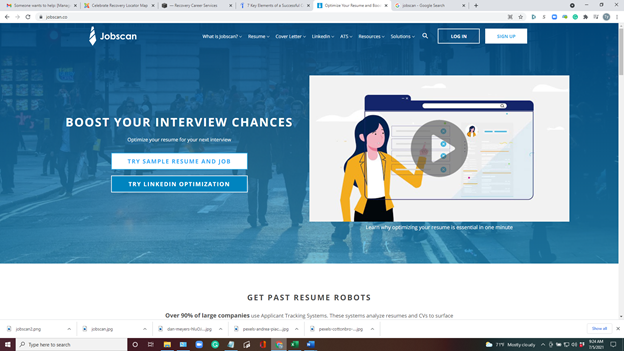
How Can I Get My Resume Reviewed Before I Submit It to a Company?
Most larger companies use ATS (Applicant Tracking Systems) to review resumes before they even get to a live person. If the resume isn’t formatted a certain way and contains the correct keywords, the artificial intelligence of these systems will screen it out and it will never make it to the desk of the recruiter or hiring manager.

What Is The Purpose of a Cover Letter?
A cover letter accompanies your resume as part of a job application. It provides further detail on how your skill set aligns with the role, what you can bring to the team and why you want the position. Cover letters allow recruiters and hiring managers to develop a better understanding of your suitability for a position.

Which Type of Resume Should I Use?
There are generally two types of resumes you can use to highlight your employment and educational history.

What Is An Employment Portfolio?
An Employment Portfolio is a tool that will help you tell your story to an employer. It gathers all the documentation you need to show an employer who you are as a potential employee. It will contain some standard items for your job search and a couple of additional pieces that will be very useful if you have a long job gap or criminal convictions.
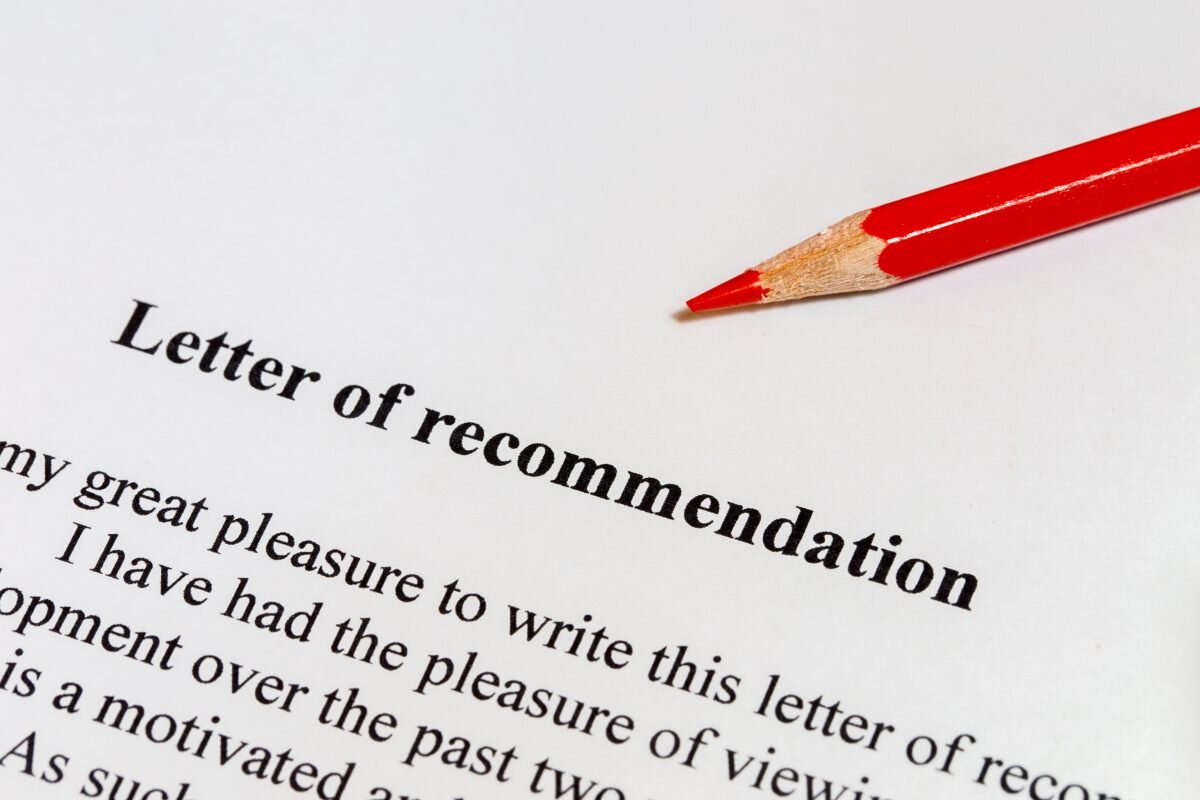
How Do I Get People to Write Recommendation Letters?
For people in recovery rebuilding their professional lives, letters of recommendation are like gold. They help you stand out from other job applicants and show a prospective employer that you are a candidate they should take seriously.

What Kind of Skills Can I Learn Working Recovery Jobs?
A recovery job is a position taken in early recovery to get used to working again. Often, these are positions similar to those first jobs many people had as teenagers. In my ABC Employment Path model, these are listed under “A” for Any Job, meaning someone in early recovery should take any job they can.

What Are the Qualities of a Great Job in Early Recovery?
When I teach about employment in recovery, I use the ABC Employment Path as a template. The “A” in ABC stands for Any Job, meaning that in early recovery, you should be willing to take any job you can get to get used to working again and making money legally.

How Can Recovery Help Me Become More Valuable to an Employer?
For individuals recovering from addiction and alcoholism, one of the best ways to build value to an employer is to be engaged in some form of recovery. By “engaged in recovery,” I mean being active in any process that helps get you in connection with others, so you are not trying to manage not using substances on your own.

Concept: The 3 P’s of an Employment Comeback
For those recovering from addiction and past criminal justice involvement, the challenge is often not finding employment in general - there are many entry-level minimum wage jobs available. The bigger hurdle is finding a good job that pays well and has opportunities for advancement.
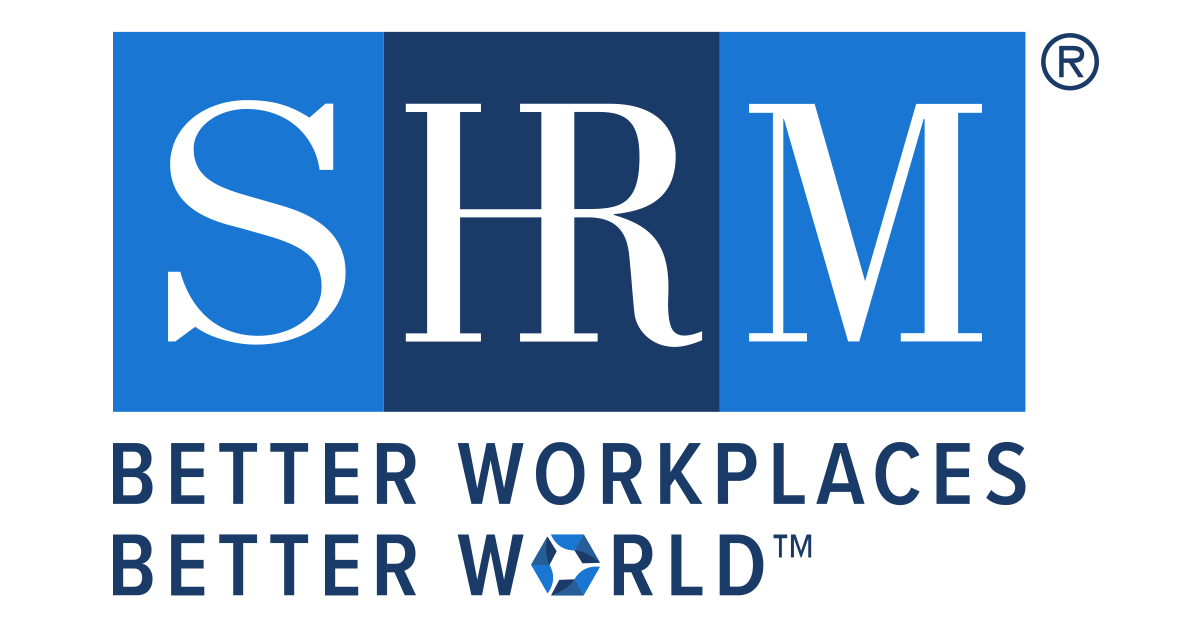
What Is Second Chance Employment?
According to SHRM, second chance employment is the act of employing formerly incarcerated individuals, people in recovery, or other applicants whose life choices and situations have disadvantaged them in obtaining stable employment.
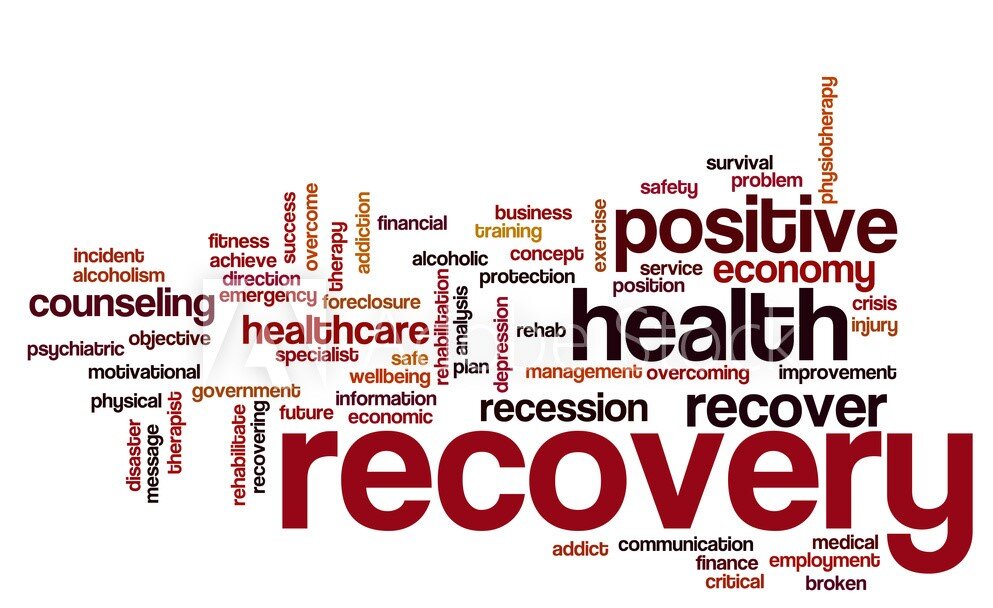
What Are Some Other Ways to Recover Besides AA?
Alcoholics Anonymous has been around for decades, and many have found it helpful in getting sober. However, it is not for everyone
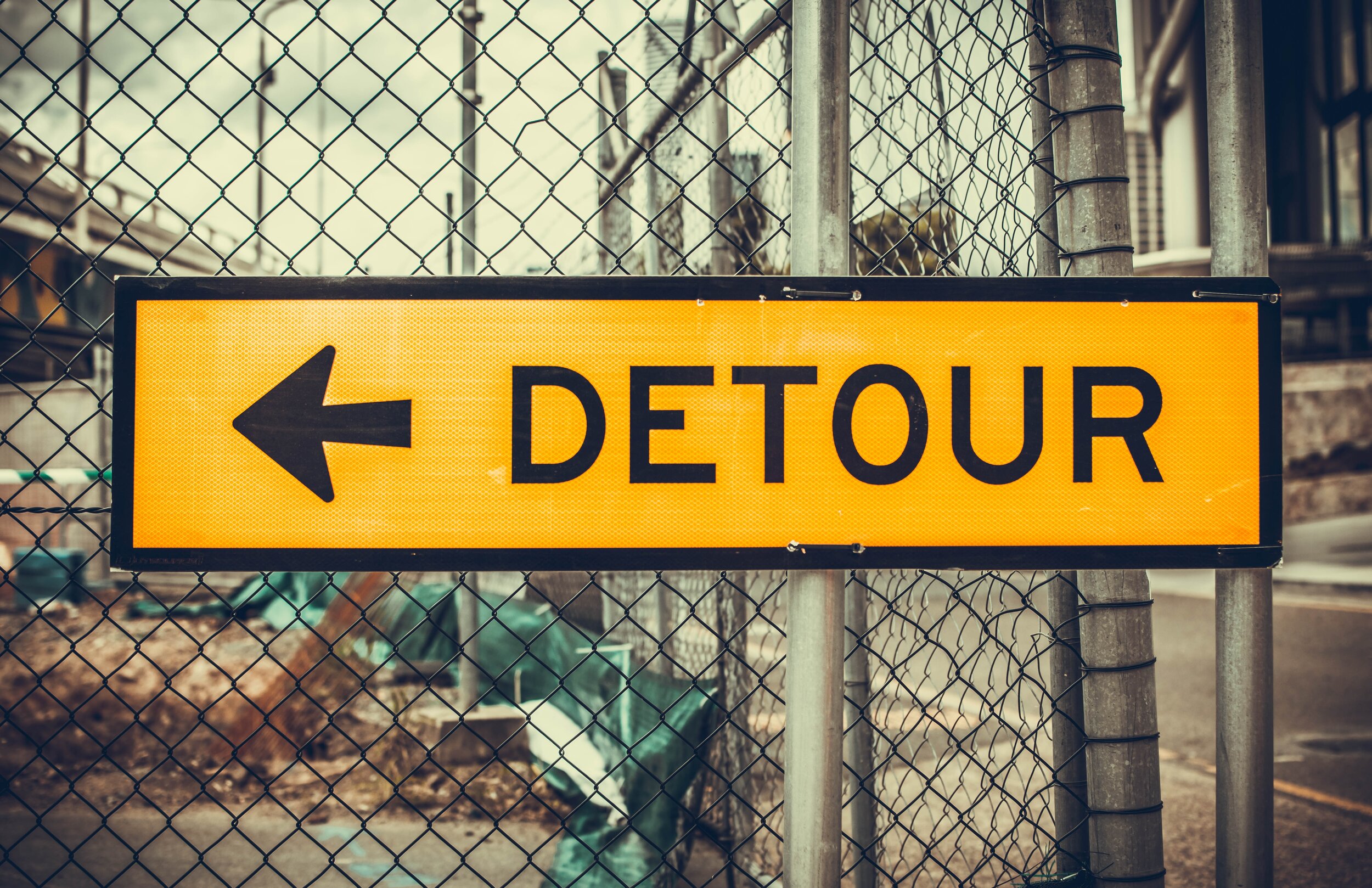
How Do I Come Back from a Relapse?
The most important thing: come back! Getting sober is rarely a straight line. It sometimes has some detours along the way.

What’s the Difference Between an Arrest and a Conviction?
An arrest means that a person was taken into custody and temporarily held by the police. An arrest does not mean that someone broke the law.

How Many People Have Criminal Records?
In America, LOTS of people have criminal records. It is estimated that over 70 million adults in the US have a criminal record of some sort.
